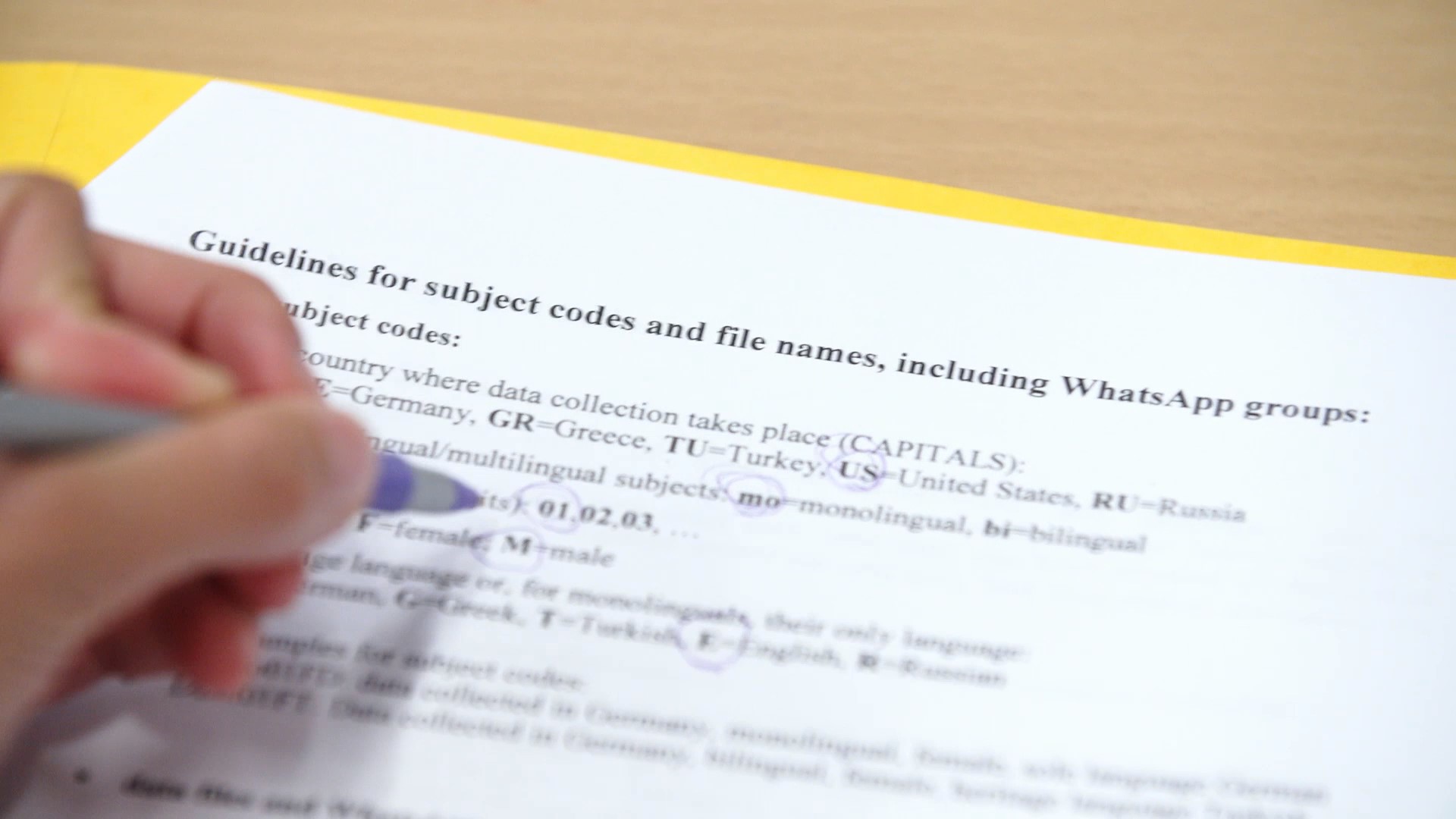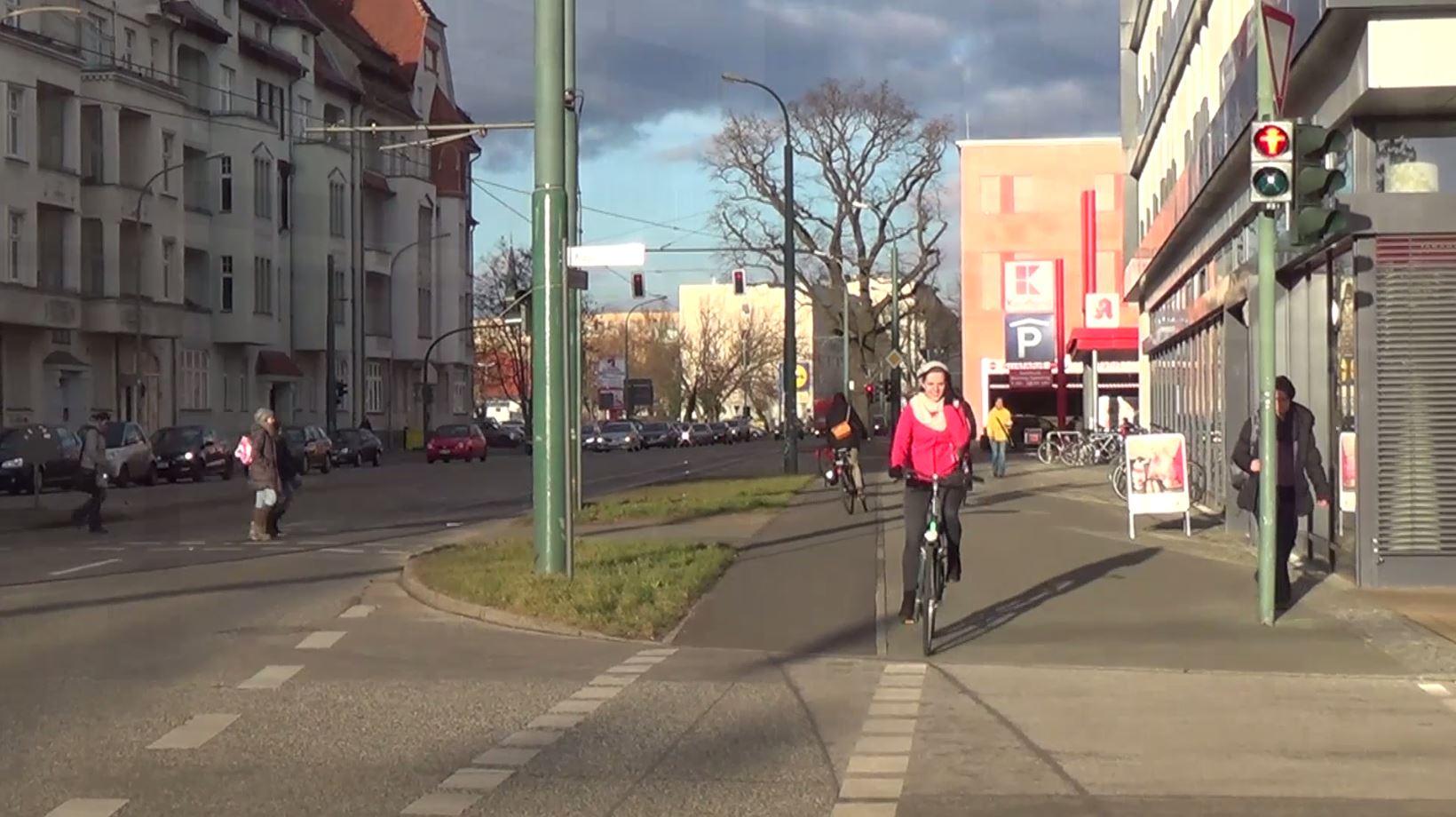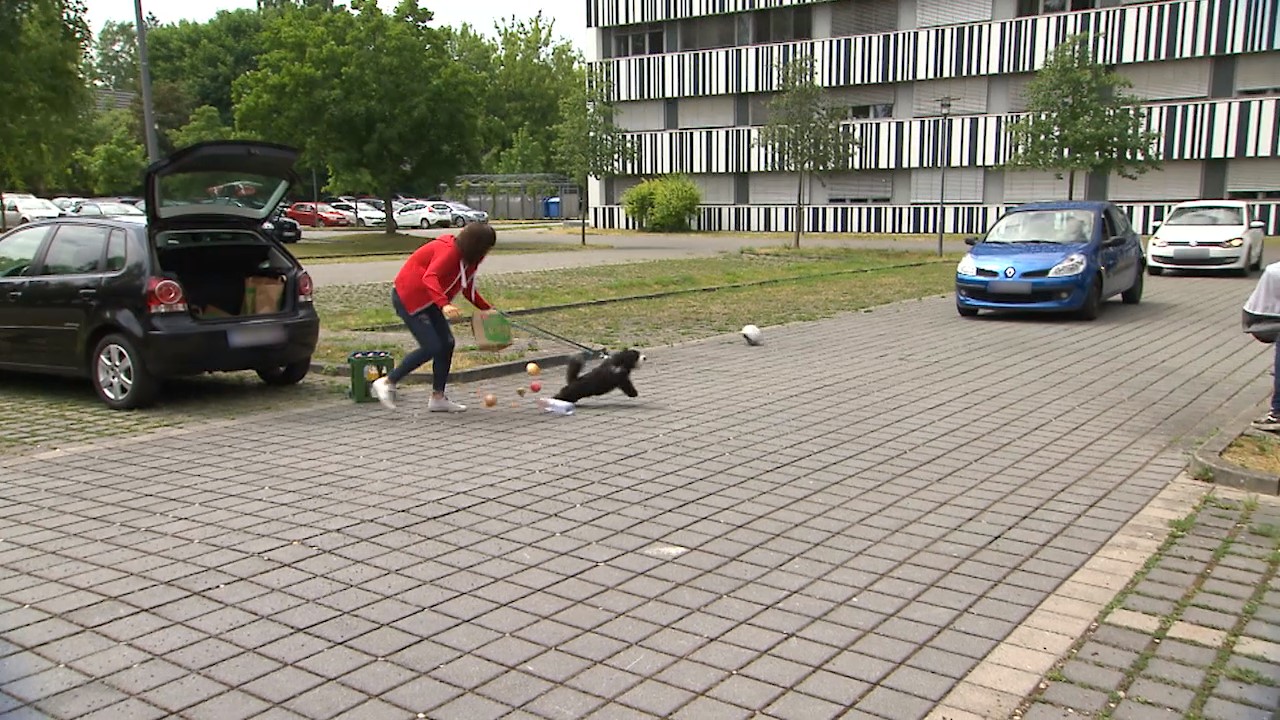Language Situations: A method to elicit comparable, naturalistic data across registers and speaker groups
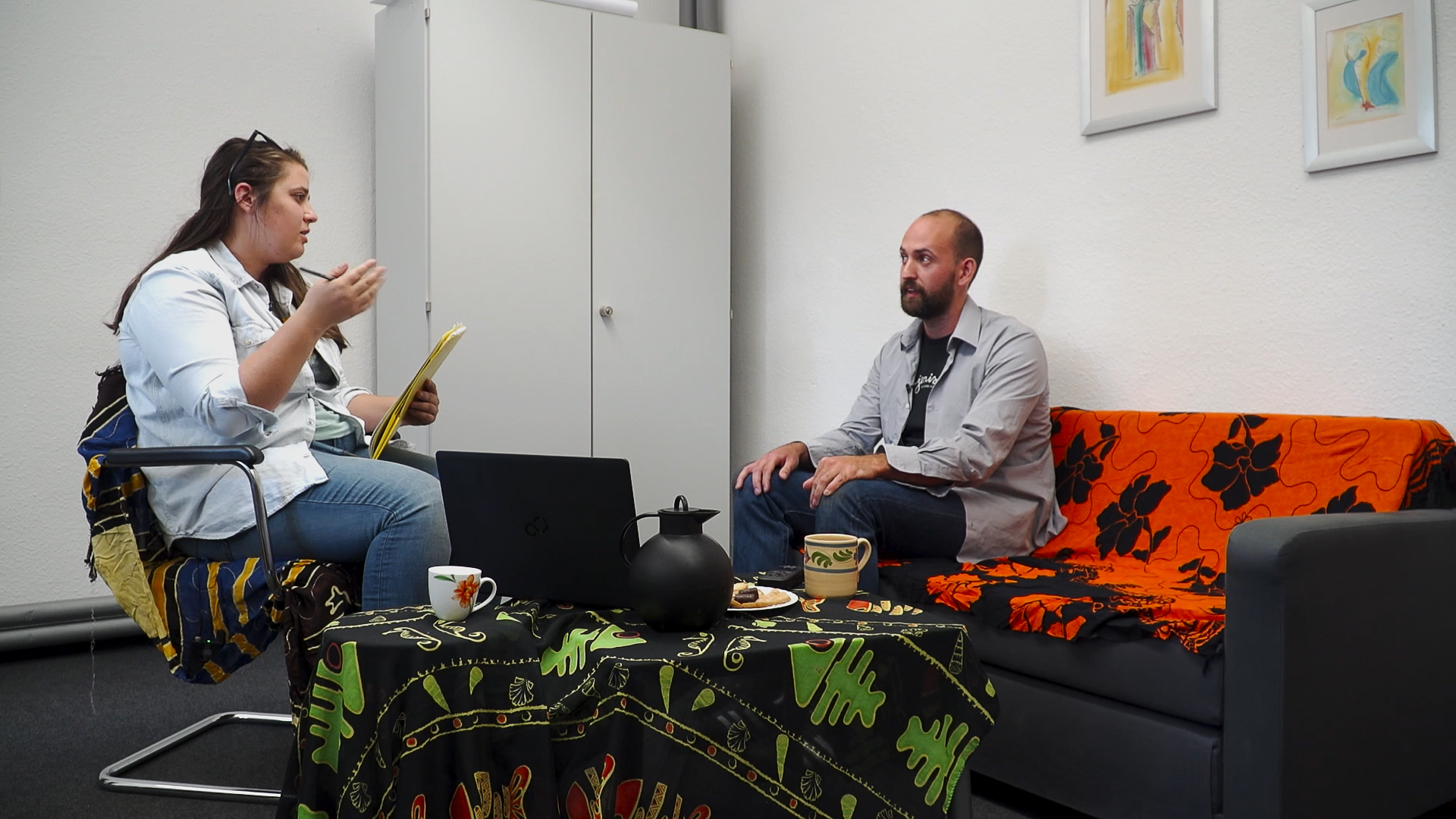
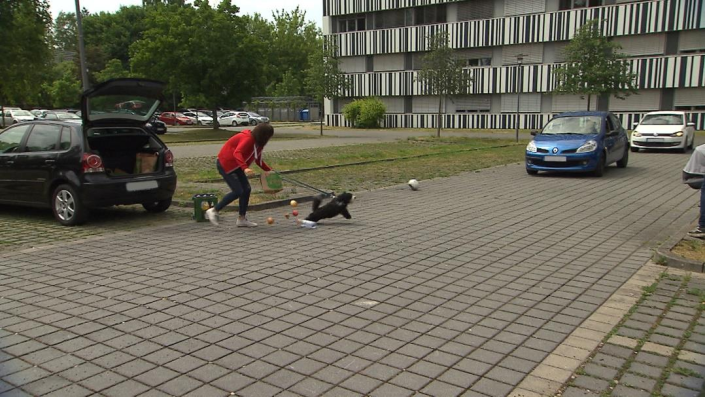

Background
"Language Situations" addresses the challenge of eliciting actual language use, while at the same time controlling participants’ productions enough to obtain comparable data suitable for specific research questions.
- Experimental set-ups yield controlled, targeted data, but they usually have the disadvantage of involving unnatural settings that might not tap into speakers’ actual linguistic practices, including their broader repertoires.
- Recording spontaneous language provides ecologically valid linguistic data, but it is time-consuming and difficult to conduct, does not yield comparable, targeted data, and might only capture some aspects of speakers’ repertoires.
"Language Situations" provides a set-up that is easy to implement and yields controlled, yet naturalistic data suitable for comparisons across and within speakers, speaker repertoires, and speaker groups.
- Wiese, Heike (2020). Language Situations: A method for capturing variation within speakers' repertoires. In: Yoshiyuki Asahi (ed.), Methods in Dialectology XVI. Peter Lang, pp. 105-117.
Main features
- combines the advantages of controlled elicitations with those of spontaneous data collection: naturalistic, ecologocally valid setting which allows control over communicative situation(s), topics, and extraneous variables
- systematically taps into speakers’ repertoires: captures naturalistic productions across different communicative situations, e.g., informal and formal settings, and written and spoken modes
- allows comparisons across different registers and modalities within and across speakers
- can be easily adapted for different research questions, by manipulating topics, modalities, registers, speaker populations, speech communities and languages
- easy and fast to conduct
General design and set-up
- Stimulus: video clip or photo story, depicting a ficitional event (e.g., a minor traffic accident)
- Participants watch the story and imagine themselves as a witness to this event
- Participants act out different communicative situations with different communication partners, telling them about the event they just witnessed (e.g., in a phone call to a friend, a messenger text to a friend, a written report to the police, or a phone call to the police).
Different settings can target different domains of linguistic repertoires, e.g., through choice of addressee (e.g., friend – informal; police officer – formal), and modality (e.g., spoken vs. written)
The same event is reported in different conditions, allowing systematic comparisons within and across registers, languages, speaker groups (e.g., age groups, monolinguals vs. bilinguals, heritage vs. majority language speakers), etc.
Illustrations of elicited data
English
| formal | informal | |
|---|---|---|
|
written |
The soccer ball got out of his hands and the dog of a woman, who was packing away her gorceries into her car, ran after the ball and caused the driver a car that was pulling into brake and the driver of the car behind him crashed into his car. |
Anyway it went out in front of a car and a lady's dog ran after it making the car brake and the car behind him CRASHED INTO HIM |
|
spoken |
um the dog ran after the ball and a car that was uh coming in s/ - uh braked really quickly - and the car behind him couldn't stop fast enough an(d) crashed into the car in front |
and as soon as th/ the guy like saw the dog run after the ball obviously he stopped but then there was a car behind him that crashed into him because he couldn't stop right away |
Turkish
| formal | informal | |
|---|---|---|
|
written |
Gelen araç ani firen yapıp arkasından gelen aracın kendisine çarpmasına sebep oldu |
Araba ani firen yapıp arkasındaki arabanın kendisine çarpmasına sebep oldu 😱 |
|
spoken |
ıı elindeki topu kaçırdı ve araba yoluna e girmiş oldu top |
tabi ki de elinden kaçırdı bu top da ıı arabaların geçtiği alanı girmiş oldu |
Resources
Training Video
A video for training elicitors, produced for data collection by the RUEG group.
Stimuli used in previous applications
This photo story contains 6 pictures depicting a car accident. There are several versions of the photo story for use in different countries. This version was used in Germany. For other versions, see the other examples.
The stimuli were used to elicit data from monolingual and bilingual speakers in a pilot study by the RUEG group.
Click the example picture to download the stimulus set.
This photo story contains 6 pictures depicting a car accident. There are several versions of the photo story for use in different countries. This version was used in Russia. For other versions, see the other examples.
Click the example picture to download the stimulus set.
The video story was used by the RUEG group to elicit data from bilingual (heritage) and monolingual speakers.
This photo story contains 10 pictures depicting a car accident on a parking lot. It has been used to elicit Namibian German by Wiese et al. (2017) and Zimmer et al. (2020). Click the example picture to download the stimulus set.
Open-access corpora with LangSit data
- RUEG Corpus
Lüdeling, Anke, Alexiadou, Artemis, Allen, Shanley, Bunk, Oliver, Gagarina, Natalia, Grigoriadou, Sofia, Hartz, Rahel Gajaneh, Iefremenko, Kateryna, Jahns, Esther, Katsika, Kalliopi, Keller, Mareike, Klotz, Martin, Krause, Thomas, Labrenz, Annika, Martynova, Maria, Özsoy, Onur, Pashkova, Tatiana, Pohle, Maria, Purkarthofer, Judith, Rizou, Vicky, Schroeder, Christoph, Shadrova, Anna, Szucsich, Luka, Tracy, Rosemarie, Tsehaye, Wintai, Wiese, Heike, Zerbian, Sabine, Zuban, Yulia, Zürn, Nadine. (2024). RUEG Corpus (Version 1.0) [Data set]. Zenodo. http://doi.org/10.5281/zenodo.11234583 - DNam Corpus
Christian Zimmer, Heike Wiese, Horst J. Simon, Marianne Zappen-Thomson, Janosch Leugner, Yannic Bracke, Britta Stuhl, Laura Perlitz & Thomas Schmidt: DNam Korpus.
Previous applications
"Language Situations" is used by research groups in different countries, working with a range of languages, communicative settings, and speaker populations:
- adolescents in multilingual neighbourhoods of Berlin
Heike Wiese, Maria Pohle; U Potsdam, HU Berlin
- German heritage speakers in Namibia
Heike Wiese, Horst Simon, Marianne Zappen-Thomson, Christian Zimmer, Yannic Bracke; HU Berlin, FU Berlin, UNAM at Windhoek
- adolescent and adult speakers of heritage-Greek, -Russian, and -Turkish in Germany and the US, heritage-German in the US; English, German, Greek, Russian, and Turkish as majority languages in the US, Germany, Greece, Russia, and Turkey
Research Unit "Emerging Grammars in Language Contact Situations", speaker: Heike Wiese
PIs: Artemis Alexiadou, Shanley Allen, Oliver Bunk, Natalia Gagarina, Anke Lüdeling, Rosemarie Tracy, Christoph Schroeder, Luka Szucsich, Heike Wiese, Sabine Zerbian
PhDs: Kateryna Iefremenko, Esther Jahns, Martin Klotz, Thomas Krause, Annika Labrenz, Maria Martynova, Tatiana Pashkova, Vicky Rizou, Wintai Tsehaye, Yulia Zuban - Russian and English heritage speakers in Israel
Natalia Meir, Bar-Ilan U
- Turkish and Russian heritage speakers as EFL learners in Germany
Gülümser Efeoğlu, Yıldız TU Istanbul
- monolingual speakers in Norway
Kaja Borthen, NTNU Trondheim
- bilingual adolescent speakers of Patwa and English in Jamaica
Anja Penßler-Beyer, U Potsdam
- multilingual youth practices in computer mediated communication in Norwegian
Unn Røyneland, Øystein A. Vangsnes, U Oslo
- adolescent speakers in Italy (monolingual Italian and bilingual Italian-Arabic, Italian-Mandarin) PRIN "Racconta” project
Cecilia Andorno, Claudia Canuto, University of Turin
Chiara Gianollo, Nicola Perugini, University of Bologna

